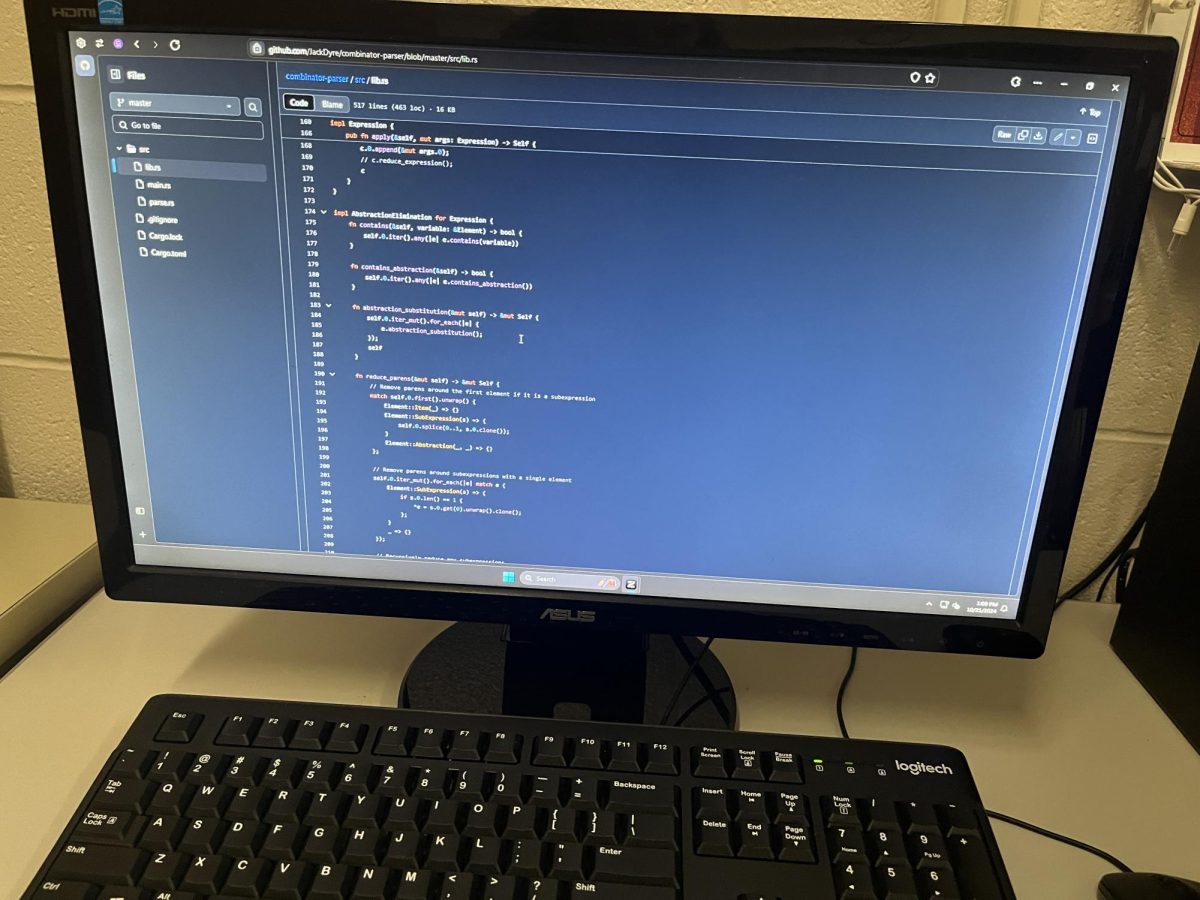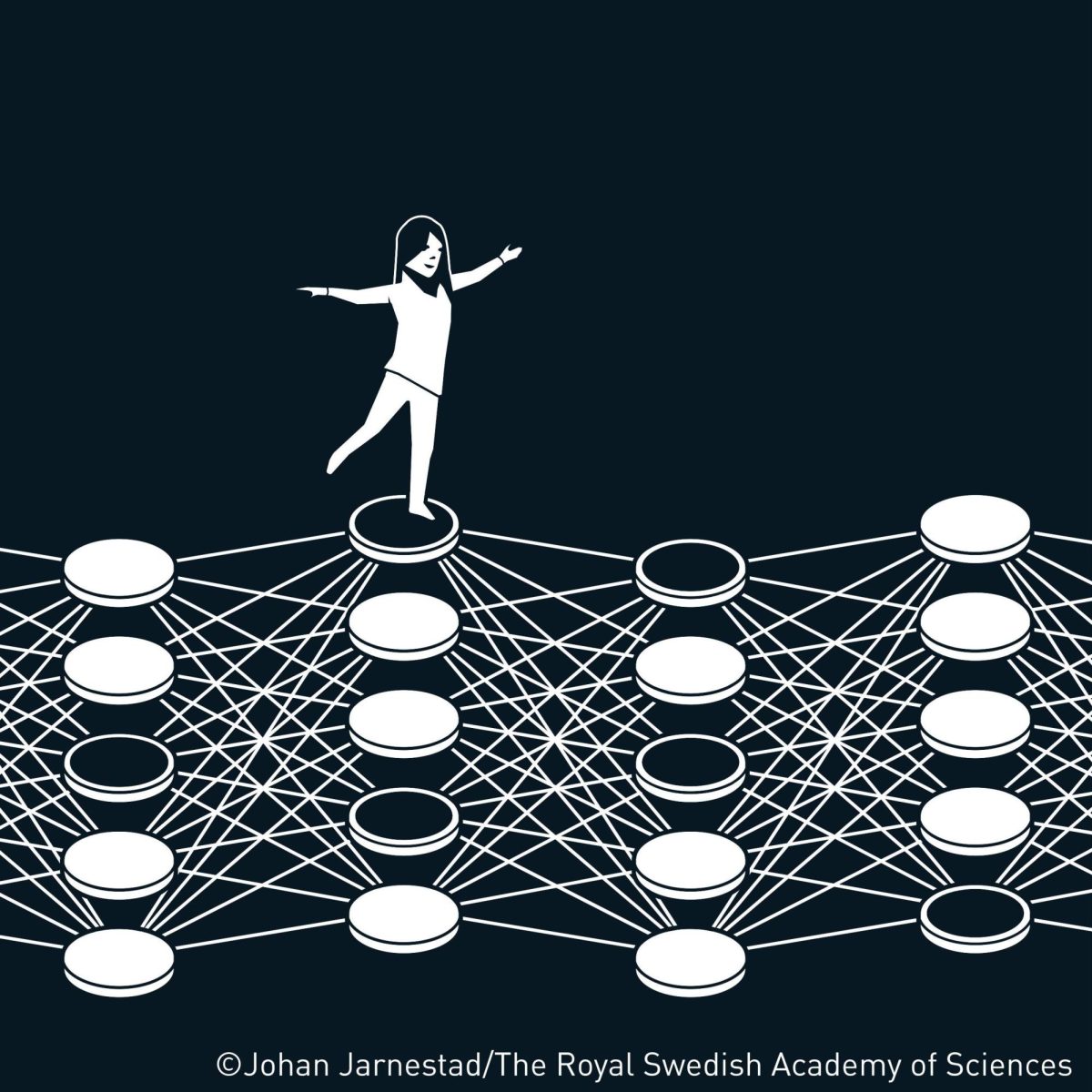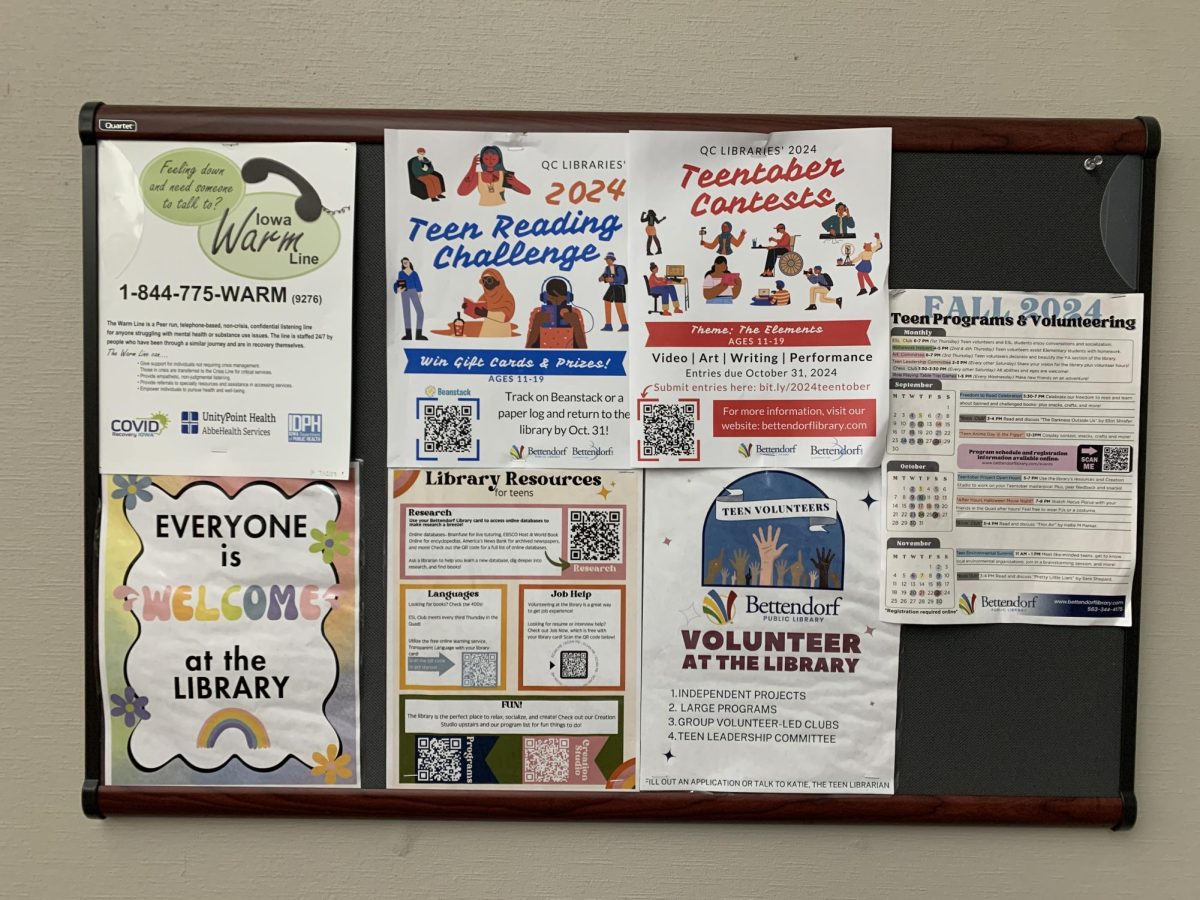As children approach and go through their educational years, parents ponder what type of education is best for their kids, with two main types to choose from: homeschooling and public schooling.
Homeschooling has been legal in all states since 1993 and its percentages have only increased since then. Currently, about 3% of the nation’s students are homeschooled.
With such vast differences between the types of schooling, there is naturally concern over the growth and success of children in several areas– some of which include socializing, STEM, responsibility, and extracurriculars.
The social skills of homeschooled children immensely depend on how they spend their time. Many stay busy with a wide assortment of activities such as music lessons, clubs, and sports. There are also several homeschooling organizations for homeschoolers which create social interaction opportunities such as field trips, play dates, and camps. These sorts of activities adequately teach children proper social behavior.
In addition to social opportunities, homeschooling allows families more time to connect. Hannah Nelson, an Iowa resident, enjoys homeschooling for this reason. “At first, [we] began to homeschool simply because we felt that the after school and weekend hours did not offer enough time for us to adequately communicate with and emotionally support our children through all of life’s endeavors,” she said.
While family time and socializing options for homeschooled children may teach them how to behave and get along with others, these options aren’t readily available for all. When not available, isolation due to improper homeschooling can lead to social phobias and feelings of awkwardness.
Although every student learns in different ways, several options of learning socialization must be offered to ensure the progression of all students, regardless of their learning preferences.
A large advantage of homeschooling is flexibility; kids can learn at their own pace. For example, the Nelsons work on school for less time daily but throughout the entire year. “[There are] amazing benefits offered to our children because of a flexible academic schedule that allows each child’s future goals and our family goals to take priority,” Nelson said.
However, one complication from homeschooling comes in later years when trying to ensure an advanced level of education with subjects such as calculus or physics. Teachers at schools have organized curriculums and, typically, a more extensive education in the subject, making parents and students less concerned about inadequate lessons. Still, homeschoolers still have competent options in the form of online classes, homeschool groups, and dual enrollment.
Overall, Nelson has certainly been pleased with her family’s choice to homeschool. “Our children at a young age are able to learn and develop creativity and problem-solving skills through free play and hands-on learning with one-on-one tutoring. They can develop at their own individualized pace which fosters healthy study habits, self-directed learning, and better retention through interest-led scholarship,” she said.
The success of homeschooling ultimately lies within the ability of the parents to commit to giving their children a well-rounded and positive education. Therefore, the better choice between homeschooling or traditional schooling is specific to each familial situation– both can be positive experiences.










